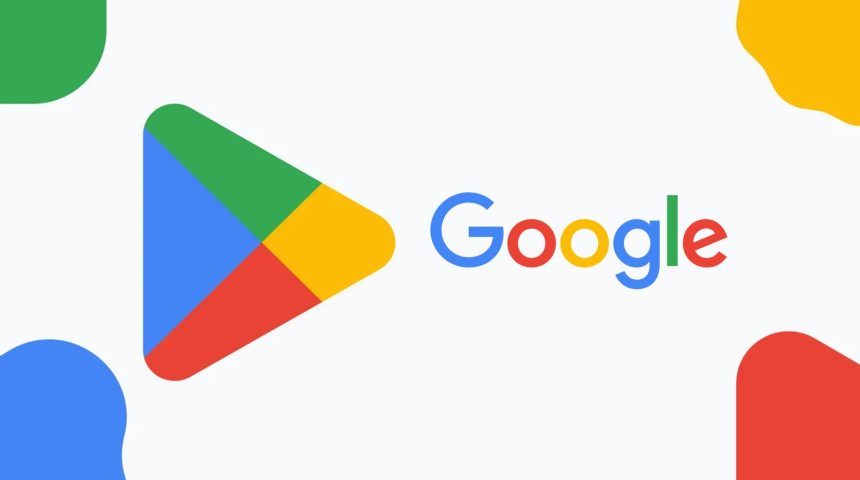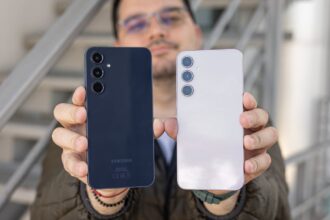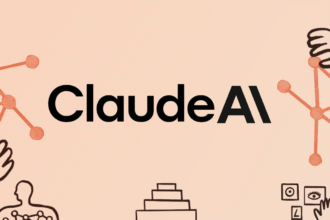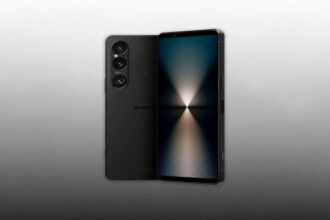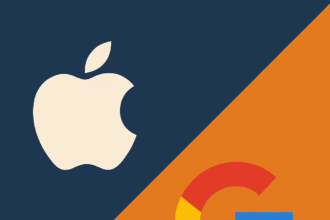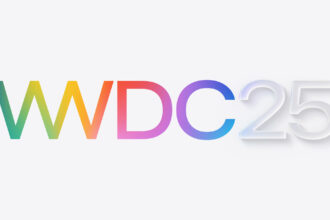Google has announced a $700 million settlement in a class-action lawsuit concerning its Play Store, with $630 million allocated to U.S. consumers and $70 million to a fund for U.S. states. This resolution stems from a lawsuit filed in 2021, exposing Google’s alleged monopoly in Android app distribution through the Play Store.
A tentative settlement was reached in September, but the specifics were disclosed only recently. The legal action emphasized Google’s dominance in-app distribution, prompting the company to make notable changes.
In November 2022, Google initiated a pilot program, the “user choice billing” initiative, allowing developers in the U.S. to employ alternative payment methods for in-app purchases. This program will be expanded as part of the settlement, permitting developers to display varying costs based on the chosen billing method.
Moreover, Google aims to streamline the sideloading process, which involves installing apps from sources other than the official store. Presently, users encounter a warning pop-up during sideloading, leading to a settings screen for installations from “unknown sources.” As part of the settlement, Google is obligated to merge these screens and maintain this sideloading flow, unaltered, for at least five years.
Wilson White, Google’s VP of Government Affairs & Public Policy, stated, “As part of our settlement, we will further simplify the sideloading process and update the language that informs users about these potential risks of downloading apps directly from the web.”
While emphasizing the importance of user safety, Google underscored its commitment to retaining safety measures. Simultaneously, it announced improvements to the sideloading process. Android 14 was also mentioned for its enhanced app upgrade process and additional controls for third-party app stores through an API.
Despite this settlement, Google faces challenges, having recently lost an antitrust battle with Epic Games. The company plans to appeal, asserting that the case is “far from over” and reaffirming its belief in the platform’s choice and competition.
The trial exposed Google’s dealings with companies like Spotify, revealing instances where certain entities paid no commission for in-app purchases on the Play Store.
Epic Games criticized the settlement, claiming it provides no real relief for consumers, asserting that users will continue overpaying due to Google’s allegedly high fees. Epic Games plans to seek “meaningful remedies” in the ongoing case to open up the Android ecosystem.

